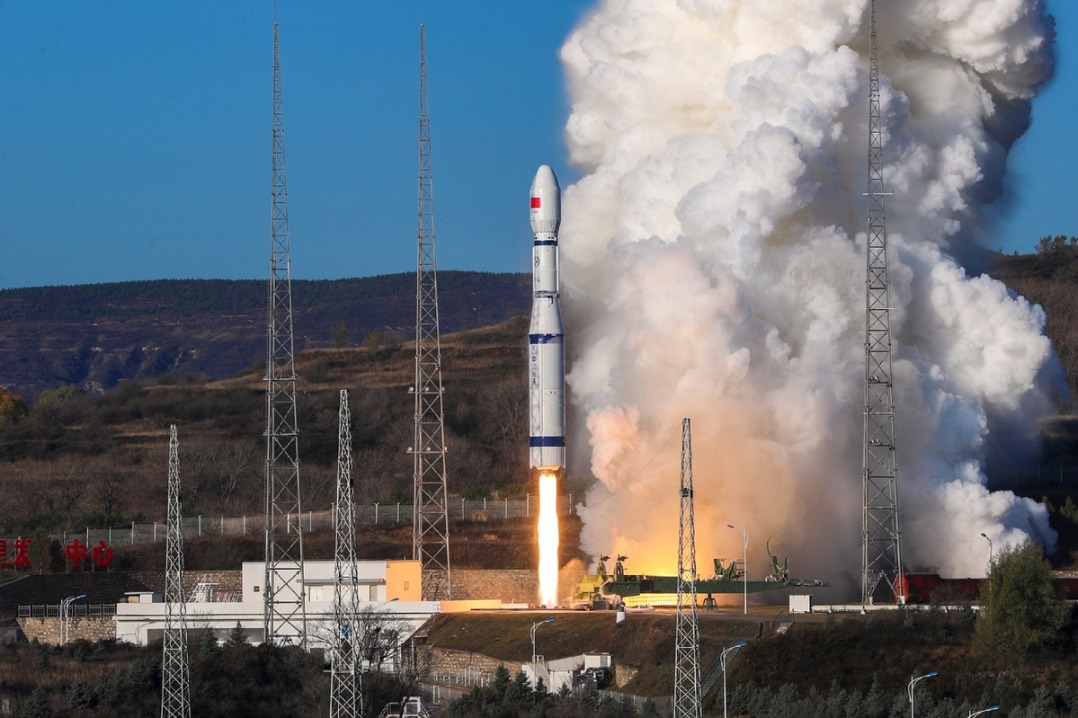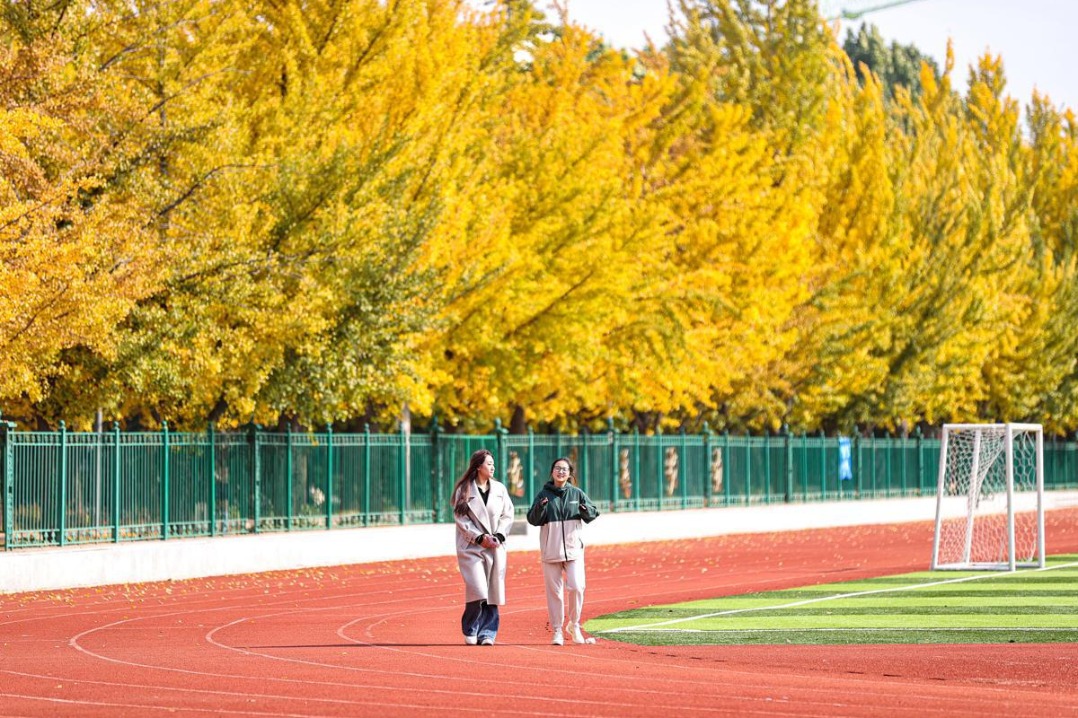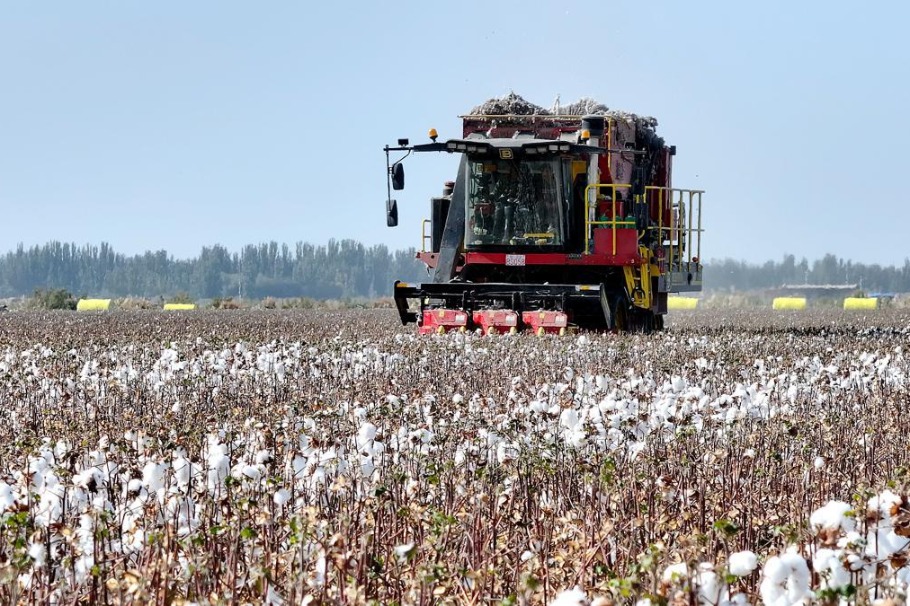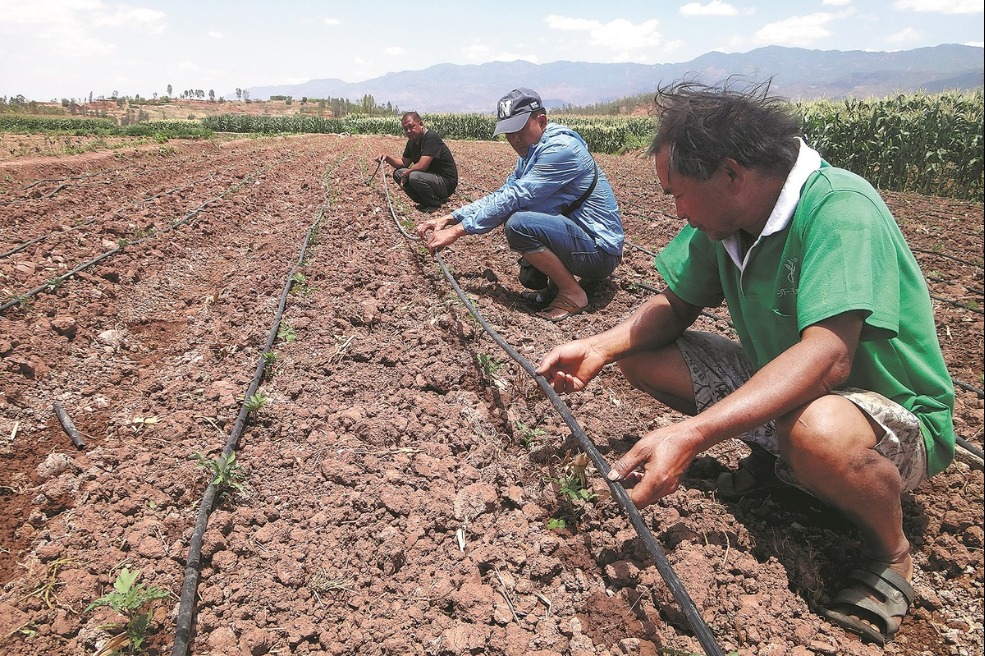Preparations made for 40-day holiday travel rush


The transport sector is working hard to implement updated COVID-19 management and ensure smooth and efficient transport services during the Spring Festival travel rush, according to the Ministry of Transport.
This year's 40-day rush began on Saturday and will end on Feb 15. It is the first since China optimized COVID-19 management and eased restrictions on travel.
According to estimates from the Ministry of Transport, about 2.1 billion passenger trips are expected to be made during the period, an incredible year-on-year increase of 99.5 percent.
On Saturday, the first day of the rush, 34.74 million passenger trips were made across China, a year-on-year increase of 38.9 percent compared with the same period last year, and up 11.1 percent compared to last month, according to the ministry.
But the number was still 48.6 percent lower than the same period in 2019, prior to the pandemic.
Among them, 6.02 million were made on the railway network, and 27.35 million, 392,000 and 976,000 trips were made by road, water and air respectively.
On Saturday, more than two weeks ahead of Spring Festival, which falls on Jan 22, Qin Zhishuai took the first bullet train leaving Beijing at 5:34 am heading for Handan in neighboring Hebei province.
As an intensive care nurse, he and his colleagues plan to stagger their holidays to ensure there is enough staff at the hospital and that everyone can enjoy a holiday and have a break.
"We plan on three holiday leave 'shifts' — before, during and after Spring Festival. I am in the 'before' group," he said, adding that he will return to work before the festival to carry on helping patients.
He brought specialties from the capital as gifts, including cakes and dumplings.
"I want to spend some time with my grandparents," he said.
Wang Yiting took his annual leave and left Beijing for Datong, Shanxi province, on Friday, to avoid the crowds.
Wang plans to return to Beijing on Jan 27.
So did Wang Hu, who also took annual leave to go home to Handan on Saturday to avoid the traffic.
Many travelers have answered the authorities' call to travel off-peak for the holidays to reduce the load.
China downgraded the management of COVID-19 on Sunday, but epidemic measures for travel had been eased earlier.
To reduce the pressure of a significant expected increase in passenger trips during the rush, China is encouraging flexible and off-peak leave for holidays.
Details were included in a plan released last month by the State Council, China's Cabinet.
Vice-Minister of Transport Xu Chengguang said on Friday that the 2023 Spring Festival Transportation Special Group is working with different government departments to encourage off-peak and flexible leave to reduce pressure on the transport system.
Although China optimized COVID-19 management and lifted restrictions on travel, epidemic control is still very important during the huge migration, said Cai Tuanjie, director of the ministry's transport department.
"We urged service providers to improve disinfection at transport hubs and on transport means, and to open more channels for ticket and security checks to avoid bottlenecks," he said, adding that more services will be run along some popular routes to reduce crowds.
"Contact-free facilities and services are encouraged," he said.
"Health management of staff will also be boosted. If staff begin to show symptoms such as fever, they will stop working," Cai noted.
Every passenger should be responsible for their own health, by wearing face masks and avoiding public transport when ill, and we will assist in improving awareness of that, he added.
On Friday and Saturday, almost everyone at Beijing Qinghe and Beijing West railway stations wore face masks, some even wearing more than one at the same time.
"We will disinfect waiting rooms more frequently, especially in key areas, including the ticket checking machine and door handles in bathrooms, to create a safe environment for travelers," said Liang Zhaoyu, a spokesman for Beijing West Railway Station.
"We will increase the frequency of disinfection on the train, carrying out disinfection every hour. Attendants will also remind travelers to pay attention to their health. For example, if a passenger is not wearing a face mask, we will remind them to put one on. We have also stocked up on free face masks for passengers should they need one," said Gao Min, a bullet train conductor.





































